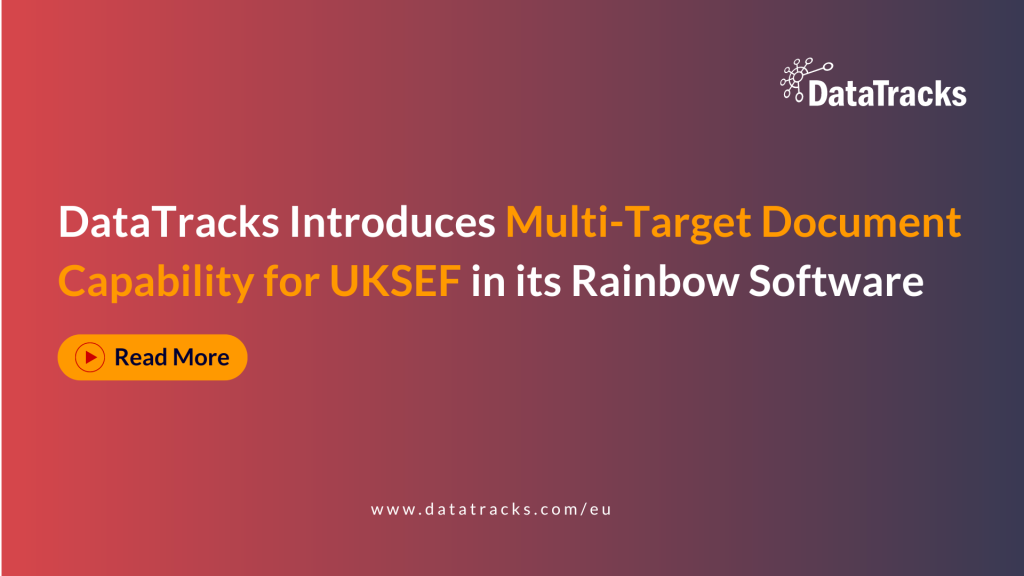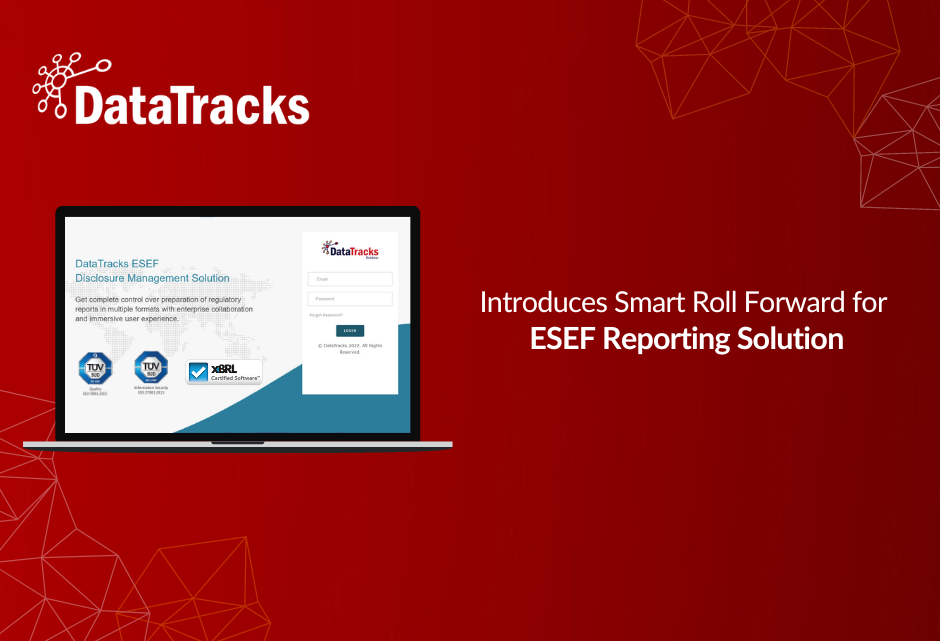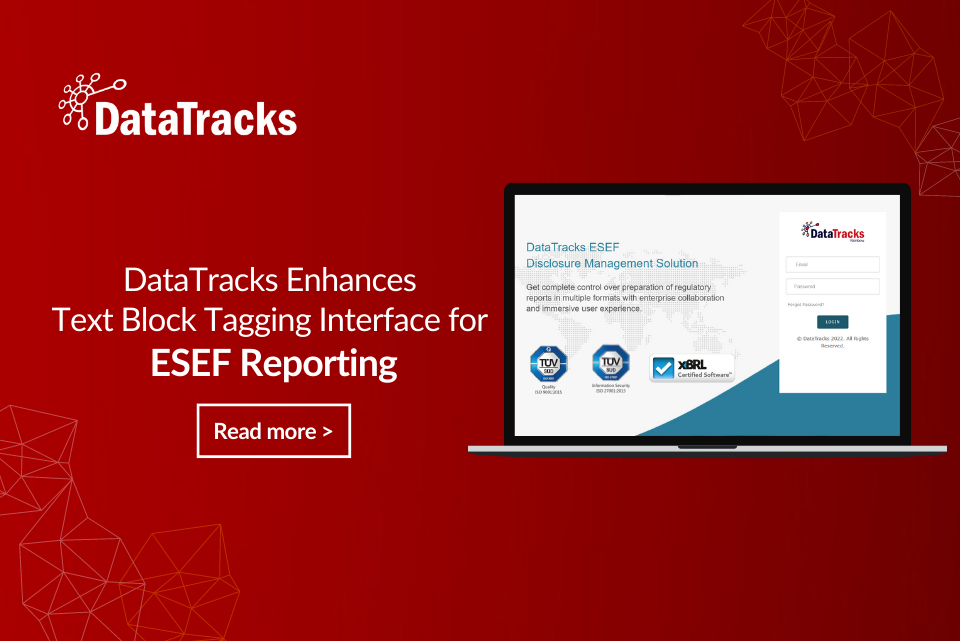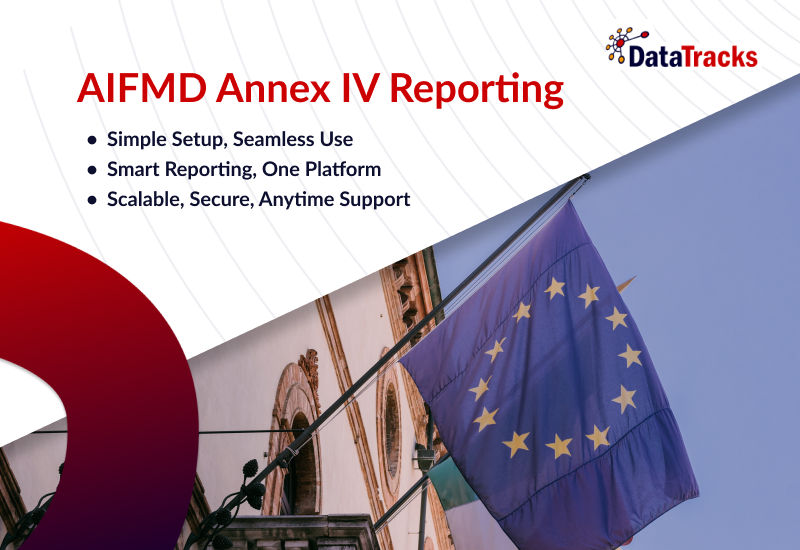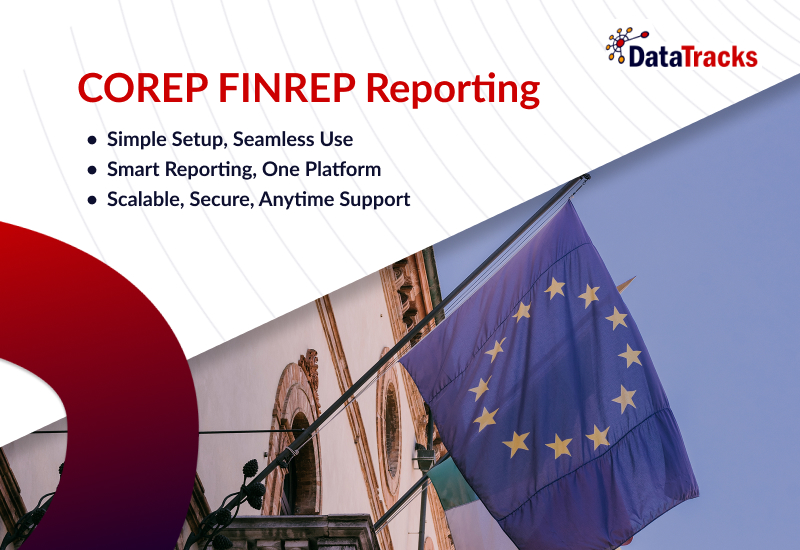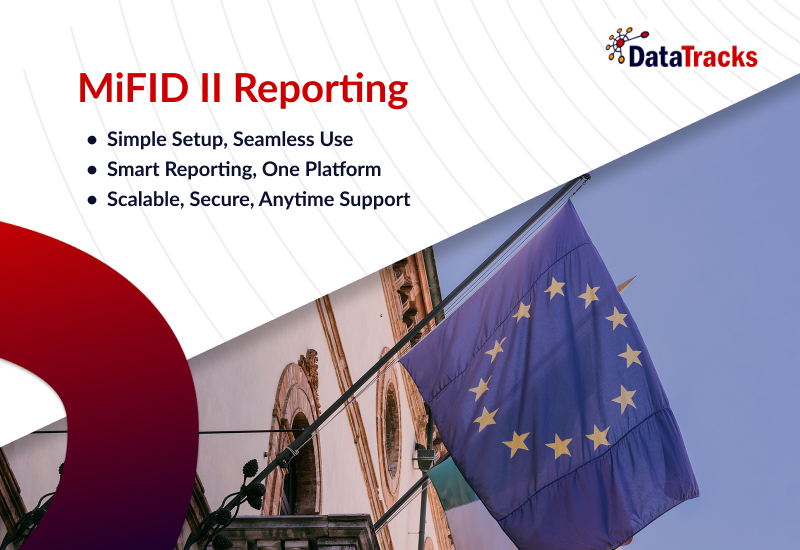ESG Reporting
ESG Reporting
ESG Reporting Landscape
The European Union (EU) has implemented several regulations and initiatives related to Environmental, Social, and Governance (ESG) reporting to promote sustainable investment and corporate responsibility.
What is ESG Reporting?
ESG – an abbreviation for Environmental, Social and Governance are a set of criteria that help determine how “socially responsible” a company is. It provides a snapshot of business strategies and helps investment screening for all stakeholders, such as investors, employees, and society. ESG sustainability reporting helps investors steer clear of companies that might pose a higher financial risk due to their poor environmental, social, or governance practices.
DataTracks Outsourced Managed Service
DataTracks provides end-to-end reporting services to cater to all your filing needs. With a pool of experts on board, DataTracks boasts error-free filing and strict adherence to quality.
Our experts are well-versed in various Regulatory Reporting in the EU including compliance with the ESMA’s ESG requirements.
Benefits
- Secure file exchange
- A team of skilled iXBRL experts is at your disposal.
- 100% Error-free ESG reports.
- Quick TAT, based on your company requirements.
- Last-minute filters? We have your back!
- Do you need to convert over 100 files? No worries, we have no trouble managing enormous numbers.
- Vital review and approval processes with a complete audit trail using our online reviewers’ guide
Challenges in ESG Reporting
Increased scope of ESG reporting
CSRD aims to increase the scope of ESG disclosure, leading to more data points being reported compared to existing NFRD regulation. Besides, new legislation will cover more filers, most of whom will have to collect and report ESG data for the first time.
Mandatory assurance
The ESG data must be audited and validated by auditors. A solution that offers total control is necessary for the auditor to review and approve tags with an immutable audit trail.
How DataTracks helps
Provide predefined templates
Users will have the option to choose industry-specific templates with placeholders to fill data points, add or modify the contents as needed, and create a base version seamlessly. These templates will come pre-tagged, minimizing the learning curve for XBRL. The roll-forward process will assist users in transferring tags from the base version to the high-design version, facilitating the overall workflow.
Connect with multiple data sources
Users can connect with various data sources including IoT devices, ESG management software and offline spreadsheets, create a consolidated data repository, and automatically populate data points within the report.
This process guarantees the presence of a single, authoritative source of truth for the data.
Review and approve through ORG
Auditors can review ESG data, exchange comments with filers, validate and approve through our state-of-the-art ORG application. Audit trail as part of ORG ensures all the comments and approvals are stored for future reference.
Easy upgrade from ESEF
The ESG report will be part of the annual report, already covered under the ESEF framework in XHTML format. With our expertise in multiple taxonomies, companies can seamlessly implement ESG on top of their existing ESEF taxonomy.
Remain Compliant with the Latest ESMA Requirements
Users will always access our latest set of taxonomy standards and validation rules.
Featured Content
What is ESEF Reporting?
ESEF stands for European Single Electronic Format. It is a new reporting format for public companies in the European Union that requires them to publish their annual financial reports in a single, electronic format. ESEF is designed to improve the transparency and comparability of financial reporting across the EU.





